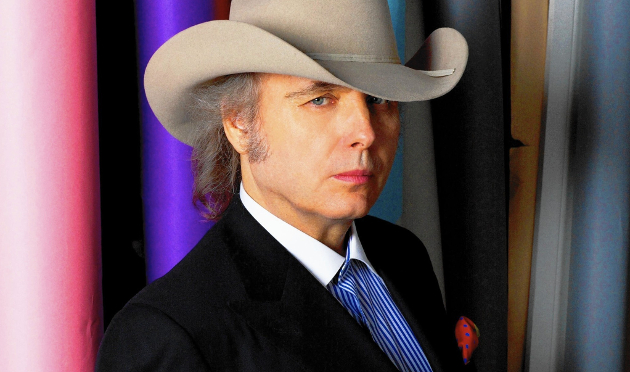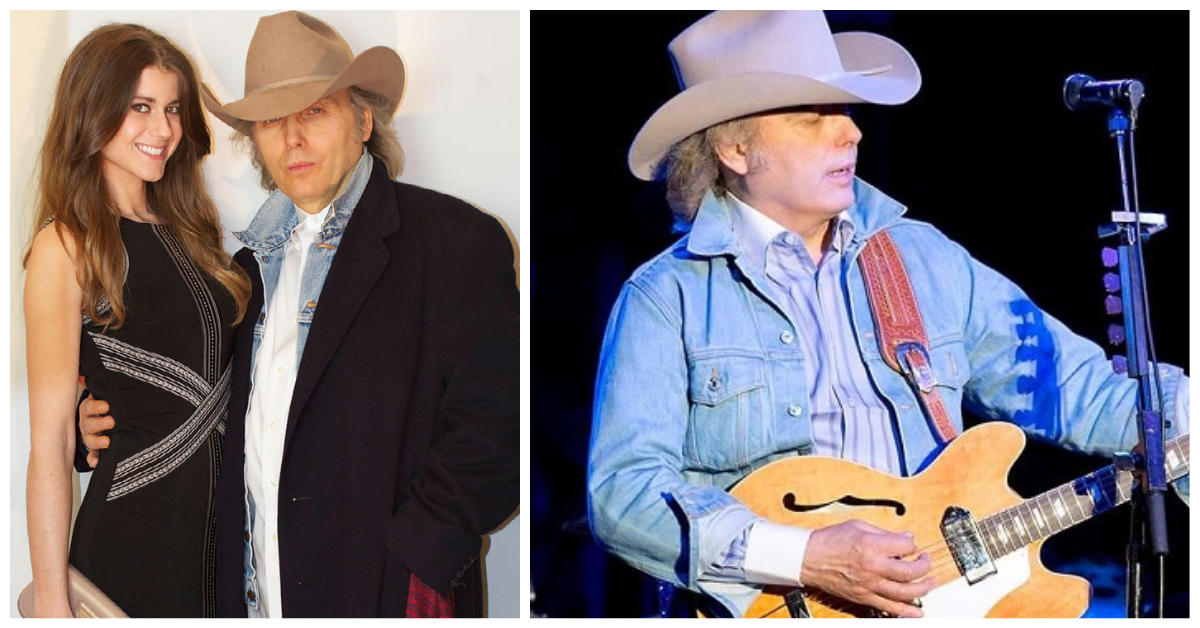

Johnny Cash once cited Yoakam as his favorite country singer. Route 23 runs north from Kentucky through Columbus and Toledo, Ohio, and through the automotive centers of Michigan.) Rather than the standard line that their elementary schools taught "the three Rs" of "Readin', 'Ritin', and 'Rithmetic", Kentuckians used to say that the three Rs they learned were "Readin', 'Ritin', and Route 23 North". Yoakam's song "Readin', Rightin', Route 23" pays tribute to his childhood move from Kentucky, and is named after a local expression describing the route that rural Kentuckians took to find a job outside of the coal mines.

In 1993, Yoakam released his most successful album to date, This Time, which reached triple platinum status. It earned double-platinum status in the US and produced five top 50 singles. 1990's If There Was a Way was another best-seller, selling more than two million copies. His third LP, Buenas Noches from a Lonely Room, included his first No. 1, a duet with his musical idol, Buck Owens, on " Streets of Bakersfield". The follow-up LP, Hillbilly Deluxe, was just as successful.

The LP was a breakout hit and spawned his first two hit singles: " Honky Tonk Man", a remake of the Johnny Horton song, and the title track "Guitars, Cadillacs." His stylish video "Honky Tonk Man" was the first country music video played on MTV. The record hit the market during a sea change in country music: the urban cowboy music was out of style, and neotraditional music based on classic styles, such as Yoakam's honky-tonk-inspired music, was now in demand. The record was later re-released by Reprise Records, with several additional tracks, as Yoakam's major-label debut LP, 1986's Guitars, Cadillacs, Etc., Etc. Yoakam's recording debut was the self-financed EP Guitars, Cadillacs, Etc., Etc., on independent label Oak Records, produced by lead-guitarist Pete Anderson.

This helped him diversify his audience beyond the typical country music fans, and his authentic, honky-tonk revivalism brought rock audiences closer to country music. Writing all his own songs, and continuing to perform mostly outside traditional country music channels, he did many shows in rock and punk rock clubs around Los Angeles, playing with roots rock or punk rock acts like The Blasters (Yoakam scored a small video hit with his version of their song "Long White Cadillac"), Los Lobos, and X. Not making much headway in Nashville, Yoakam moved to Los Angeles and worked towards bringing his particular brand of new honky tonk or " hillbilly" music (as he called it) forward into the 1980s. When he began his career, Nashville was oriented toward pop " urban cowboy" music, and Yoakam's brand of hip honky tonk music was not considered marketable. On May 7, 2005, Ohio Valley University in Parkersburg, West Virginia, awarded and presented Yoakam with an honorary doctorate. He briefly attended The Ohio State University, but dropped out and moved to Los Angeles in 1977 with the intent of becoming a recording artist. Outside of school, Yoakam sang and played guitar with local garage bands. During his high school years, he took part in both the music and drama programs, having been cast in lead roles for the school's plays, including "Charlie" in Flowers for Algernon. He was born in Pikeville, Kentucky, but was raised in Columbus, Ohio, where he graduated from Northland High School in 1974. Dwight Yoakam was born on October 23, 1956, to Ruth Ann (née Tibbs), a key-punch operator, and David Yoakam, a gas-station owner.


 0 kommentar(er)
0 kommentar(er)
